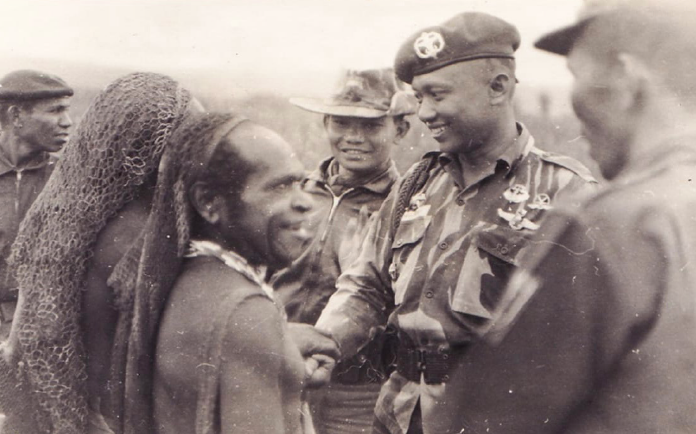Lieutenant General TNI (Ret.) Himawan Soetanto taught me the value of being close to one’s men as a commander. He emphasized the importance of being present among his men from morning till night, checking on their well-being, even down to the details of their kitchen and underwear. Thanks to him, I developed a habit of checking the details of my men’s kitchen and equipment, leading to the discovery of corrupt practices such as the rationing of one kilogram of meat for 16 people, earning the infamous nickname of ‘razor meat’. Lieutenant General Soetanto’s practical leadership style left a lasting impression on me.
I first met General Soetanto when I joined AKABRI in 1970, where he served as the Deputy Governor in charge of education and training. He was well-educated, spoke multiple languages, and had a passion for history books. He emphasized the importance of reading for leaders, a value that I took to heart. His neat appearance, friendly demeanor, and combat experience made him stand out among other leaders.
General Soetanto’s leadership style contrasted with the more distant and rule-oriented leaders known as PUD officers. He believed in adapting regulations to suit the conditions on the ground, giving commanders more authority to tailor rules based on needs and situations. His emphasis on being close to one’s men and leading by example left a lasting impact on me as a leader.
Lieutenant General TNI (Ret.) Sarwo Edhie Wibowo was another exemplary leader who left a lasting impression on me. He was charismatic, well-dressed, and known for leading from the front. As my mentor at AKABRI, he instilled in us the spirit of persistence and patriotism. His book, ‘My Life is for the Country and the Nation’, exemplified his dedication to his country and inspired us as cadets.
I first met General Wibowo during my cadet days, where he shared his experiences and instilled in us the importance of patriotism and pride in our heritage. He led by example and maintained his soldier’s attitude even after retirement. His humble lifestyle and dedication to his country were admirable traits that left a lasting impact on me.
Lastly, my conversation with Grand General TNI (Ret.) Abdul Haris Nasution, a key figure of the ’45 generation and a hero of Indonesia’s independence struggle, was a privileged experience. He shared his experiences, opinions, and strategies with me, enriching my understanding of history and leadership. His mastery of history and languages, typical of the ’45 generation figures, was awe-inspiring and left me feeling like a student of a historical giant.


